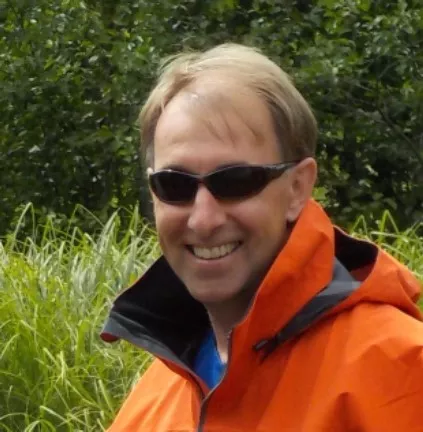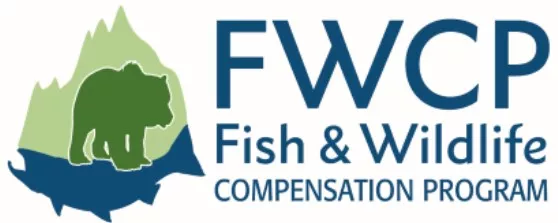NRESi/FWCP special colloquium: One fish, two fish, red fish, lots of fish: Where did they come from and what are they doing? - Dr. Mark Shrimpton, UNBC

The Williston Reservoir was created in 1968 following the construction of the WAC Bennett Dam and impounding the Peace River in the canyon near Hudson’s Hope, BC for hydroelectric generation. With a surface area of 1,779 square kilometers, the Williston Reservoir is the largest lentic freshwater system in British Columbia. Kokanee (Oncorhynchus nerka) were stocked into southern tributaries to the Willis-ton Reservoir from 1990 to 1998 to create a Kokanee sport fishery and a prey source for large piscivorous fish species. Recently, spawning Kokanee have been observed throughout tributaries in the Williston watershed that flow into the north-western portion of the reservoir – not the regions originally stocked. The intro-duced Kokanee to the Williston Watershed have the potential to dramatically affect the flow of nutrients from the reservoir to streams where they spawn and die, affecting fish, aquatic insects, and lichen from the surrounding riparian zone. We sampled stream resident fish, assessed diversity of aquatic invertebrates and the lichen community within the riparian zone in streams where Kokanee spawn compared to streams where Kokanee do not spawn. Diversity is high for aquatic invertebrates and lichen, but most small tributary streams have few species of fish. Using stable isotope to trace the source of nutrients for tributary streams, we found signatures from the reservoir in streams where Kokanee spawn. Our findings are strongly suggestive that Kokanee provide a source of nutrients to tributary streams in the Williston Reservoir watershed.

This special presentation is being funded by the Fish and Wildlife Compensation Program. For those interested in listening to the presentation but who are unable to travel to Mackenzie can join through Blue Jeans. Go to http://www.unbc.ca/nres-institute/colloquium-webcasts to view the presentation remotely.
Past NRESi colloquium presentations and special lectures can be viewed on our video archive, available here.
Contact Information
Al Wiensczyk, RPF
Research Manager,
Natural Resources and Environmental Studies Institute
Phone: 250-614-4354
Phone: 250-960-5018
Email: al.wiensczyk@unbc.ca